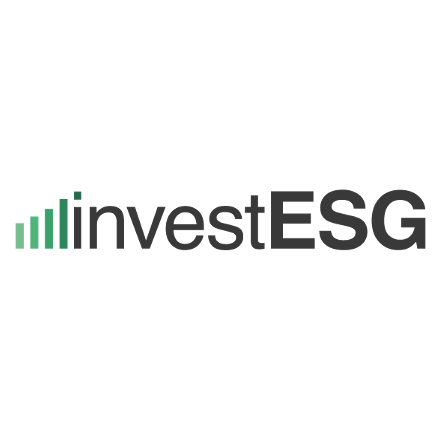

Judy Kuszewski, Chair of the Global Sustainability Standards Board (GSSB) © GRI
Launch of GRI Agriculture, Aquaculture and Fishing Sector StandardThree sectors that produce the food and materials that are fundamental to humanity’s survival are being supported to take accountability for their impacts, following the publication today of a new GRI Standard.While the essential role of the agriculture, aquaculture and fishing sectors in feeding the world is clear to see, clarity on their impacts is not. Use of lands and seas face ever-competing demands, while biodiversity loss and the urgency of climate adaptation demonstrate why greater transparency is essential. In addition, with 2.5 billion people relying on the sectors for their livelihoods, their impacts on economic development and human rights should not be underestimated.GRI 13: Agriculture, Aquaculture and Fishing Sectors 2022 is the first global and holistic sustainability reporting standard for all companies in the upstream production of crops, animals and seafood, setting expectations for disclosure of their shared and distinct impacts.Adding to a growing suite of Sector Standards, GRI 13 addresses:
- The topics likely to be material for any agriculture, aquaculture or fishing organization, based on the impacts of these sectors;
- New disclosures on food security, land and resource rights, living wage and income, natural ecosystem conversion, animal welfare, soil health, and pesticides use;
- The multiplying effect of the sectors when it comes to the SDGs – supporting companies to make the connections between their impacts and all 17 Global Goals;
- Policy implications for responsible business, based on international frameworks – as set by the UN Food and Agriculture Organization (FAO), International Labour Organization (ILO), International Maritime Organization (IMO) and others.
- Dr. Leah Samberg, Lead Scientist for Global Policy, Rainforest Alliance: “Companies in the agriculture sector must play a key role in the achievement of global goals for climate, forests, human rights, and sustainable development. By providing a comprehensive blueprint for standardized reporting on progress toward these goals, in alignment with the Accountability Framework and other guidance, GRI enables downstream buyers, investors, financiers, civil society organizations and other stakeholders to gather the information they need to make informed decisions related to company performance.”
- Joel Brounen, Country Manager with international civil society organization Solidaridad: “For Solidaridad, the new GRI Sector Standard for agriculture, aquaculture and fishing helps to create more transparency across supply chains and will ensure companies communicate better on key issues like living income, economic inclusion and climate adaptation. Reporting on a common set of topics is the starting point for further measurable and verifiable results.”
- Jacqueline Dixon, Technical Advisor, Hong Kong Sustainable Seafood Coalition: “The aquaculture and fishing sectors face unique sustainability challenges and we welcome the Sector Standard from GRI as a guide to reporters on what can be considered most material to these industries. A common approach to reporting will not only ensure these concerns are monitored and documented at a much larger scale, but will also enable comparability between reporters to ultimately move the industries forward on best practice.”
Published by
 investESG
investESG
 investESG
investESG

